Table of contents
Many women are diagnosed with PCOS when they are between 15-44. Some women are not aware they even have PCOS until they actively try to get pregnant. Luckily, more and more research surrounding PCOS is coming out all the time, and we now have a better understanding of how to help women manage their PCOS symptoms. If you’re looking to get pregnant this year with PCOS, we have some tips based on science to share with you.
What Causes PCOS
Polycystic Ovarian Syndrome, or PCOS for short, is a hormone imbalance condition that affects a woman’s reproductive system. PCOS affects a woman’s ovaries and her production of male sex hormones, called androgens. It also affects her organs that produce estrogen and progesterone, the thyroid, and the hypothalamus.
The official, definite cause of PCOS is unfortunately not known, but there is a lot of scientifically-based research that suggests the following could be the cause.
Genetics
Some studies suggest that PCOS is genetic, passed from generation to generation. Researchers also believe that PCOS can develop by combining a woman’s genetics and her lifestyle. If a woman is overweight, does not participate in daily activity, and is exposed to environmental toxins or infections, she might develop PCOS.
Women diagnosed with PCOS come in different shapes and sizes. Some might have a genetic predisposition to PCOS, while the reason other women develop PCOS is unknown.
Insulin Resistance & Sensitivity
Which came first the chicken, or the egg? These are the same type of questions doctors ask about women and PCOS. Did the PCOS cause insulin resistance, or did insulin resistance cause PCOS? Either way, the two go hand-in-hand.
The pancreas produces insulin which allows glucose (sugars) to enter a cell. This process is what generates energy. People with insulin resistance bodies do not adequately enable glucose to enter their cells, causing the pancreas to overcompensate and produce more insulin. This excess of insulin causes the ovaries to make too much male sex hormones (androgens).
These excess androgens are why PCOS and pregnancy do not always mix. The androgens affect a woman’s ability to maintain a regular ovulation cycle.
PCOS Symptoms
PCOS is a syndrome with many different symptoms that can affect a woman’s chances of getting pregnant. The three main symptoms that can affect a woman’s fertility include:
- Irregular menstrual cycles
- Excess androgens
- Cysts forming on the ovaries
The cysts forming on a woman’s ovary gave PCOS its name, as poly is a prefix meaning for many, so polycystic, many cysts on the ovaries.
The three main symptoms of PCOS significantly affect a woman’s chances of getting pregnant. But hormone imbalances in a woman can cause all sorts of havoc. Some other, very common, symptoms of PCOS include:
- Excess hair growth
- Acne
- Baldness
- Irregular periods / heavy periods
- Weight gain
- Fatigue
- Headaches
- And many more.
Women who suffer from PCOS are also at a higher risk of developing metabolic syndrome, type-2 diabetes, inflammation, glucose intolerance, obesity, and more. Many of these symptoms point directly to insulin resistance.
How To Get Pregnant With PCOS
There are PCOS fertility treatments and supplements that improve a woman's chances of getting pregnant with PCOS. Many of these treatments and supplements have a high PCOS pregnancy success rate.
If you’re looking into getting pregnant with PCOS, you need to know about Inositol. Two types of Inositol prove to be effective in managing PCOS symptoms, therefore increasing a woman’s chances of getting pregnant with PCOS. Myo-inositol and D-chiro-inositol both actively work to fight insulin resistance.
D-chiro-inositol works to help manage and regulate insulin activity in the body, assisting cells to use insulin properly and reducing excess insulin production from the pancreas. While the D-chiro-inositol is hard at work on the non-ovarian tissues, Myo-inositol works to aid the ovaries specifically. Myo-inositol helps glucose metabolize through new pathways, improving ovarian function and reducing excess androgens production.
While both inositols are fantastic, you can’t have one without the other when it comes to a PCOS fertility treatment. The highly studied Myo-inositol and D-chiro-inositol 40:1 ratio is what your PCOS supplement will need to work. The 40:1 ratio is the most beneficial combination of the two inositols for PCOS and pregnancy.
Using the 40:1 combination of Myo-inositol and D-chiro-inositol is a woman’s best chance of getting pregnant with PCOS. Once insulin resistance is under control, other PCOS symptoms will also subside. Many different studies prove the effectiveness of the 40:1 method and how it improves a women’s PCOS pregnancy success rates. It is also very beneficial at improving a woman's androgen levels.
PCOS and pregnancy might not be the smoothest conception journey. But PCOS and pregnancy together are possible. Elan Healthcare’s Ovofolic supplement helps both PCOS and pregnancy by increasing a woman’s chances of getting pregnant and managing PCOS symptoms. Our Ovofolic powders follow the scientifically proven 40:1 method. Ovofolic helps women to:
- Relieve their PCOS symptoms
- Regain a regular ovulation cycle
- Increase chances of getting pregnant
If you have further questions about Inositol and how it works for PCOS and pregnancy, check out our previous blog post: The Benefits and Side Effects of Inositol Powder on Pregnant Women.
References:
1 - Polycystic ovary syndrome. Office On Woman’s Health. Medically reviewed by, Grigorescu V, M.D., M.S.P.H., Comeaux Plowden V, M.D., M.P.H., Pal L, M.B.B.S., M.R.C.O.G., M.S., F.A.C.O.G. Page last updated: April 2019.
2 - The role of genes and environment in the etiology of PCOS. By Diamanti-Kandarakis, E., Kandarakis, H. & Legro, R.S. Published on August 2006.
3 - Polycystic Ovary Syndrome (PCOS): Symptoms, Causes, and Treatment. Medically reviewed by Kallen A, MD, and written by Watson S. Last updated on April 19, 2021
4 - All Women With PCOS Should Be Treated For Insulin Resistance. By Marshall JC, Dunaif A. Published January 2013.
5 - Combining treatment with Myo-inositol and D-chiro-inositol (40:1) is effective in restoring ovary function and metabolic balance in PCOS patients. By Monastra G, Unfer V, Harrath AH, Bizzarri M. Published November 2016.
6 - The Combined therapy myo-inositol plus D-Chiro-inositol, in a physiological ratio, reduces the cardiovascular risk by improving the lipid profile in PCOS patients. By Minozzi M, Nordio M, Pajalich R. Published February 2012.



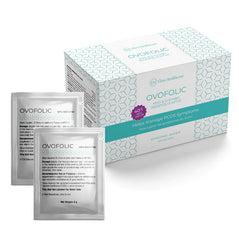

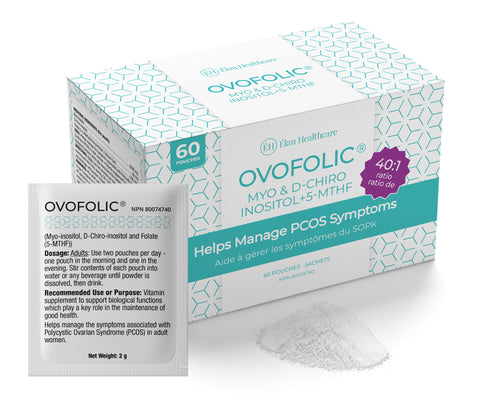
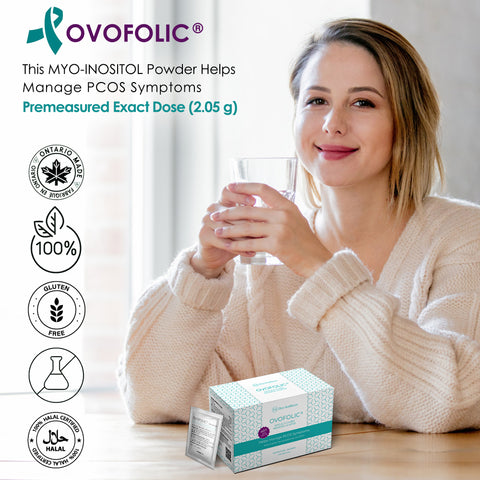
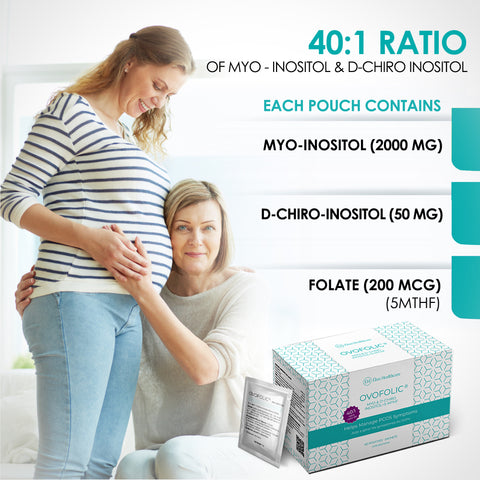
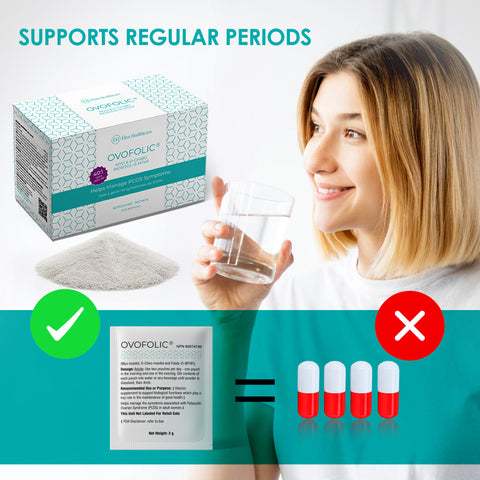
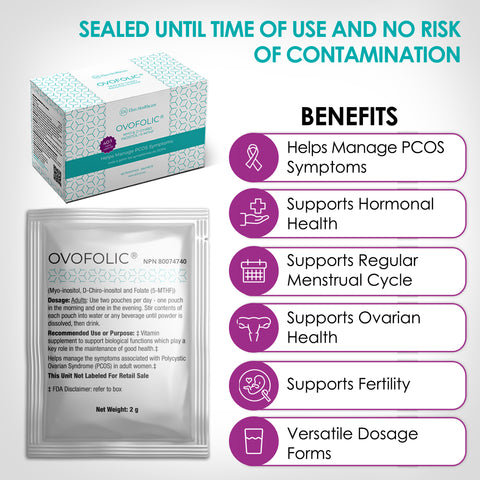
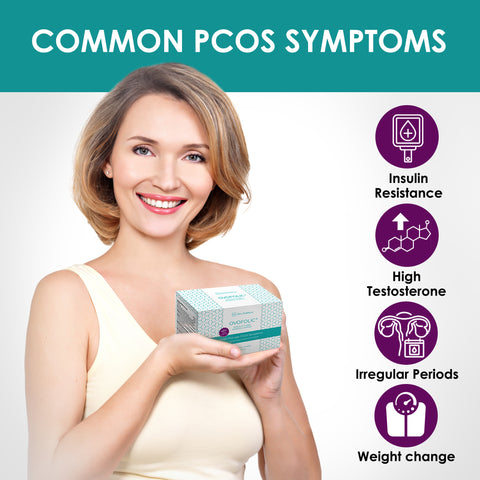
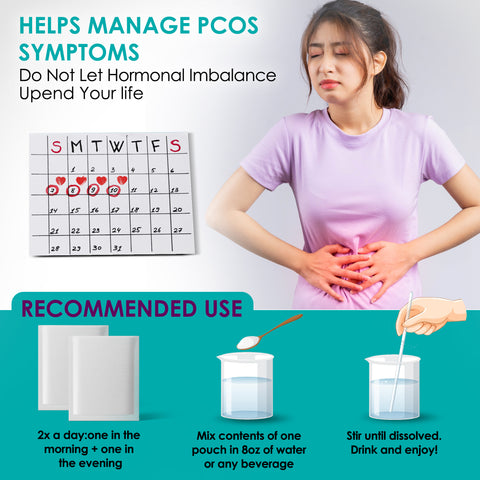
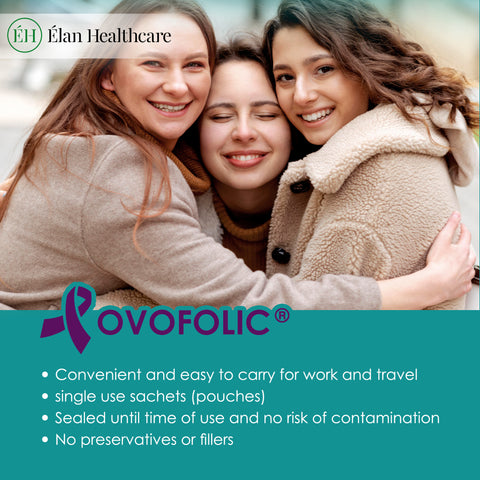
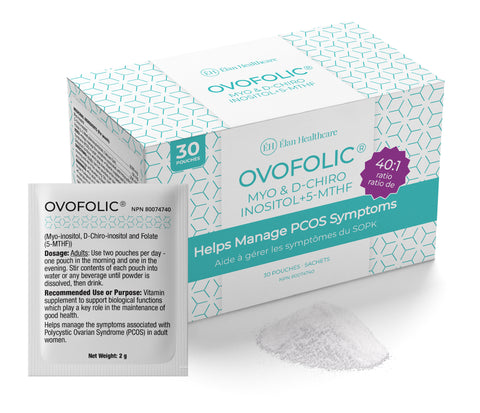
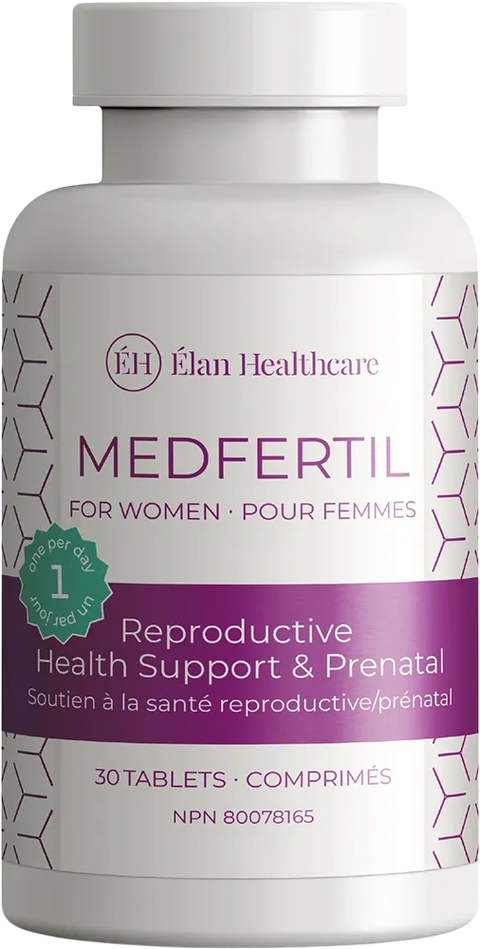

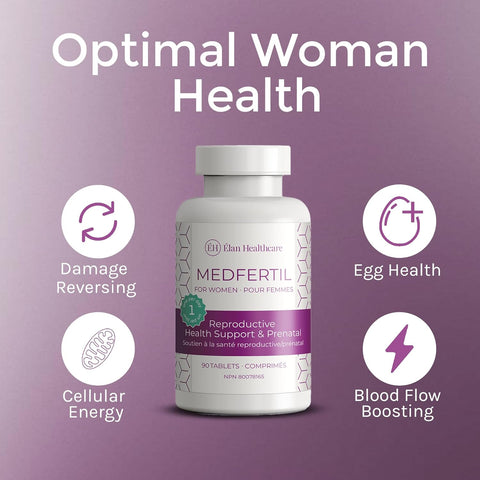
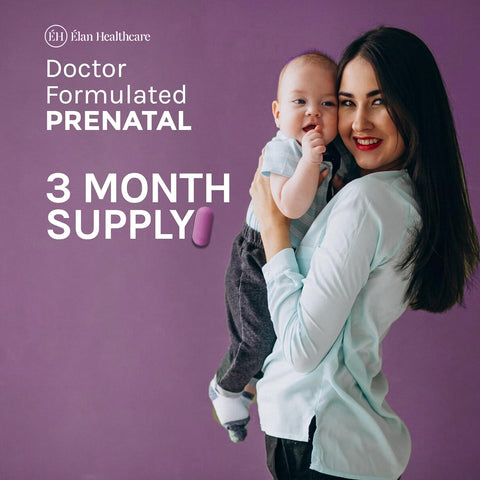
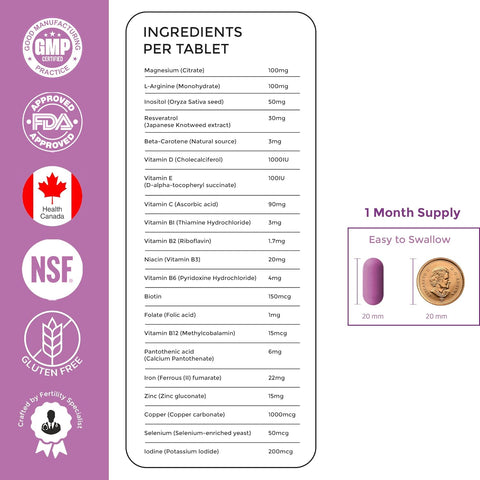










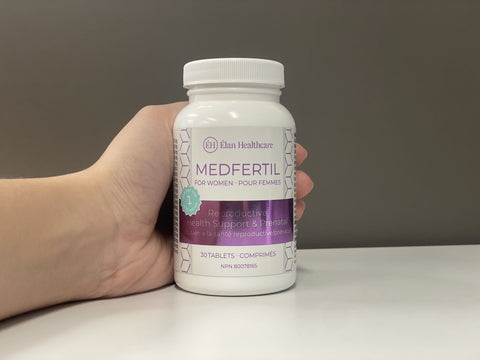

No comments yet.
There are no comments for this article. Be the first one to leave a message!
+ Open to leave a Comment